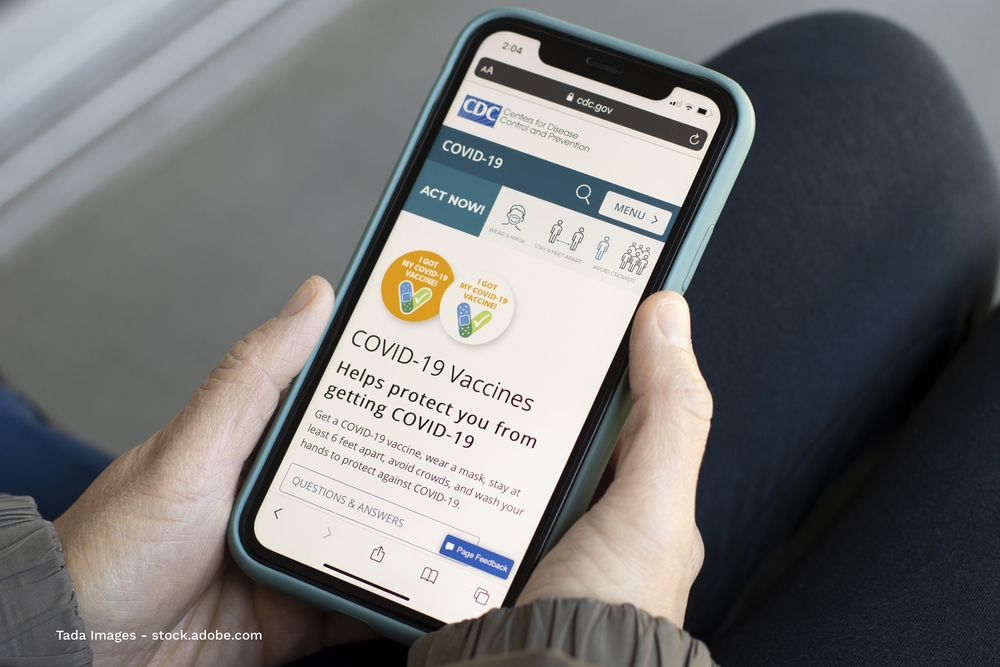Vaccines fall into one of nine different product categories, notably DNA-based, RNA-based, inactivated virus, live attenuated virus, protein subunit, replicating viral vector, non-replicating viral vector, virus-like particle and other vaccines.
Currently, the U.S. Food and Drug Administration (FDA) has now authorized three coronavirus vaccines for emergency use. These vaccines are notably:
- Pfizer/BioNTech
- RNA-based
- Authorized for use in the United States
- Requires two doses
- Efficacy rate of 95% after two doses
- Currently in use in Argentina, Mexico, Saudi Arabia, Canada, Bahrain, U.S., U.K., and used by the European Commission
- Moderna
- RNA-based
- Authorized for use in the United States
- Requires two doses
- Efficacy rate of 94.1% after two doses
- Currently in use in Canada, Israel, Switzerland, and the E.U., U.S., and U.K.
- Janssen
- Non-replicating viral vector
- Authorized for use in the United States
- Requires a single dose
- Efficacy rate of 66% against moderate to severe COVID infection
- Efficacy rate of 85% against severe disease
- Authorized for emergency use in the U.S.
Although these three vaccines are currently being distributed and administered in the United States, other vaccines have also been approved in other countries as well. In fact, at the moment of writing this article, there are 251 vaccines in development, 61 of these are in clinical testing and a total of 11 are currently in use, which include, along with the Pfizer/BioNTech, Moderna and Janssen vaccines:
- Oxford/AstraZeneca
- Non-replicating viral vector
- Authorized for use
- Requires two doses
- Efficacy rate of 79%
- Currently in use in Argentina, Brazil, Dominican Republic, Canada, El Salvador, India, Mexico, Morocco, Pakistan, and the U.K.
- Gamaleya Research Institute
- Non-replicating viral vector
- In Phase III clinical trials
- Requires two doses
- Efficacy rate of 91.6%
- Currently in use in Algeria, Argentina, Bolivia, Hungary, Palestine, Paraguay, Serbia, Turkmenistan, UAE, and Venezuela, and “registered” in Belarus and Russia.
- CanSino Biologics
- Non-replicating viral vector
- In Phase III clinical trials
- Requires a single dose
- Efficacy rate of 65.7%
- Currently in use for “the military” by China’s Central Military Commission and authorized for emergency use in Hungary as well as approved in China, Mexico and Pakistan.
- Wuhan Institute/Sinopharm
- Inactivated virus
- In Phase III clinical trials
- Requires two doses
- Efficacy rate of 79.3%
- Authorized for emergency use in China and the UAE.
- Beijing Institute/Sinopharm
- Inactivated virus
- In Phase III clinical trials
- Requires two doses
- Efficacy rate of 79%
- Currently in use in Bahrain, China, Pakistan, and the UAE.
- Sinovac/Instituto Butantan
- Inactivated virus
- In Phase III clinical trials
- Requires a single dose
- Efficacy rate of 78% (results from trial in Turkey showed 83.5%)
- Authorized for emergency use in Brazil, China, Turkey and Indonesia.
- Research Institute for Biological Safety Problems – QazCovid-in
- Inactivated virus
- In Phase III clinical trials
- Requires two doses
- Currently in use through “temporary registration” in Kazakhstan
- Bharat Biotech
- Inactivated virus
- In Phase III clinical trials
- Requires two doses
- Efficacy rate of 81%
- Approved for emergency use in India
Furthermore, the Novavax vaccine, which is part of the protein subunit vaccine category, is also far along in its Phase III clinical trials and is a frontrunner among the next vaccines to be potentially approved for use. Its clinical trial results show 96 percent effectiveness against COVID-19 and 86 percent effectiveness against the U.K. variant.
As the world pushes and shoves to get their hands on these coveted vaccine doses, there are still many who are choosing to forego vaccination against the coronavirus. Even with many options, findings and positive results, some refuse to be vaccinated. Of course, this is a personal choice, but is putting the rest of the world at risk of possible outbreaks, whether that be in a few months or even years.

